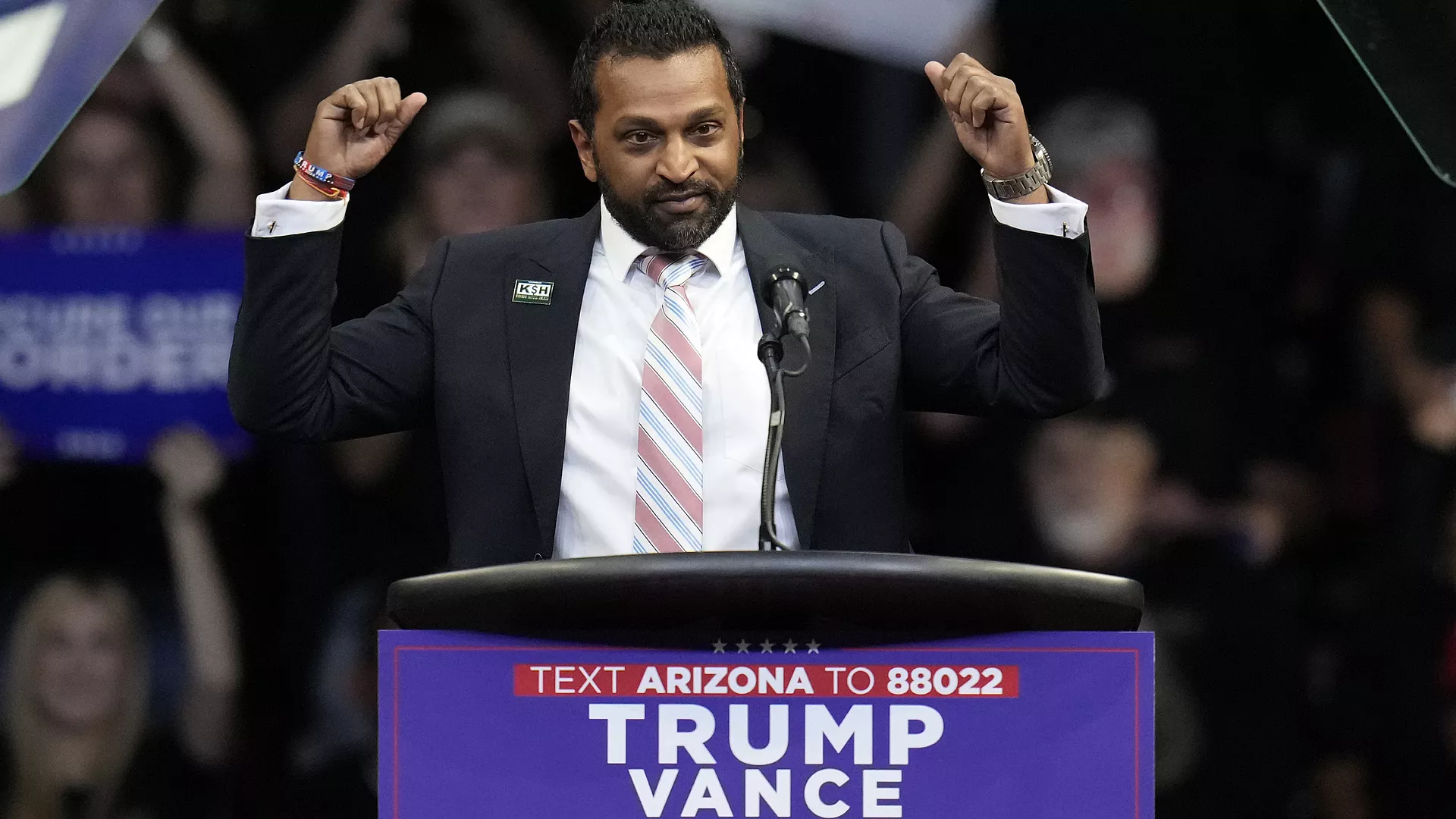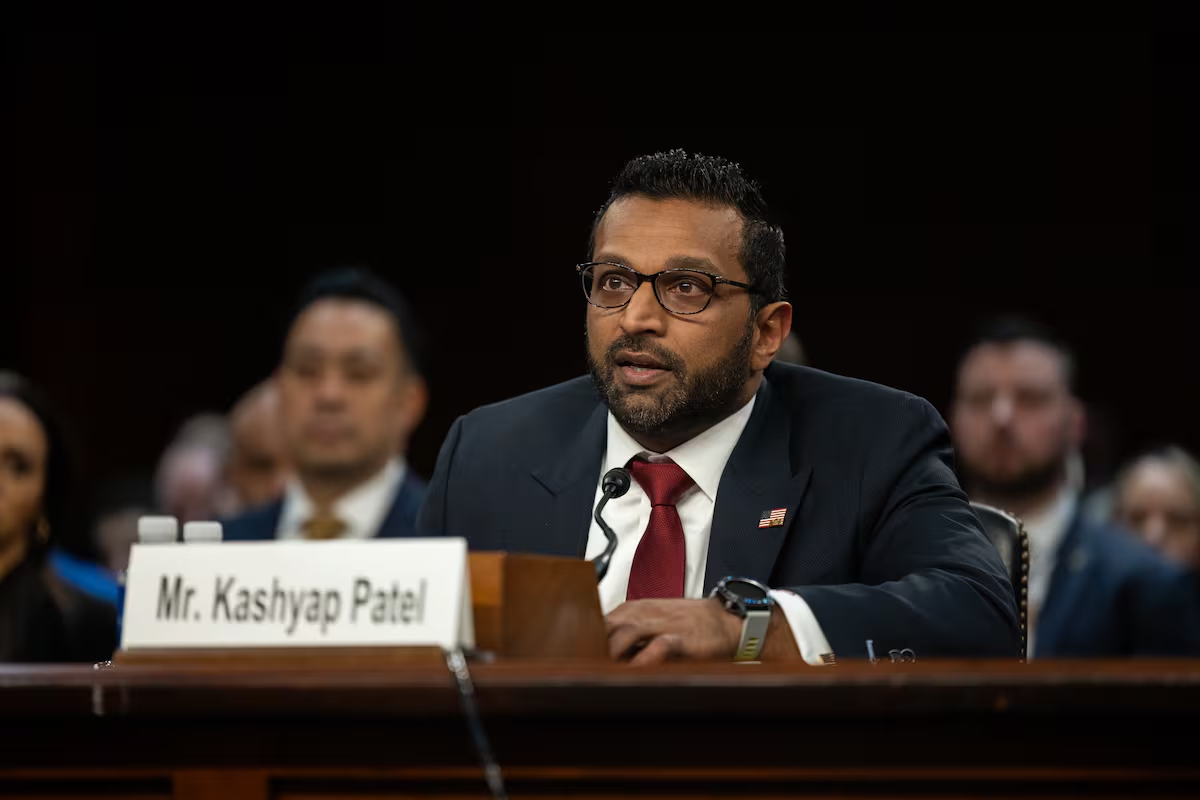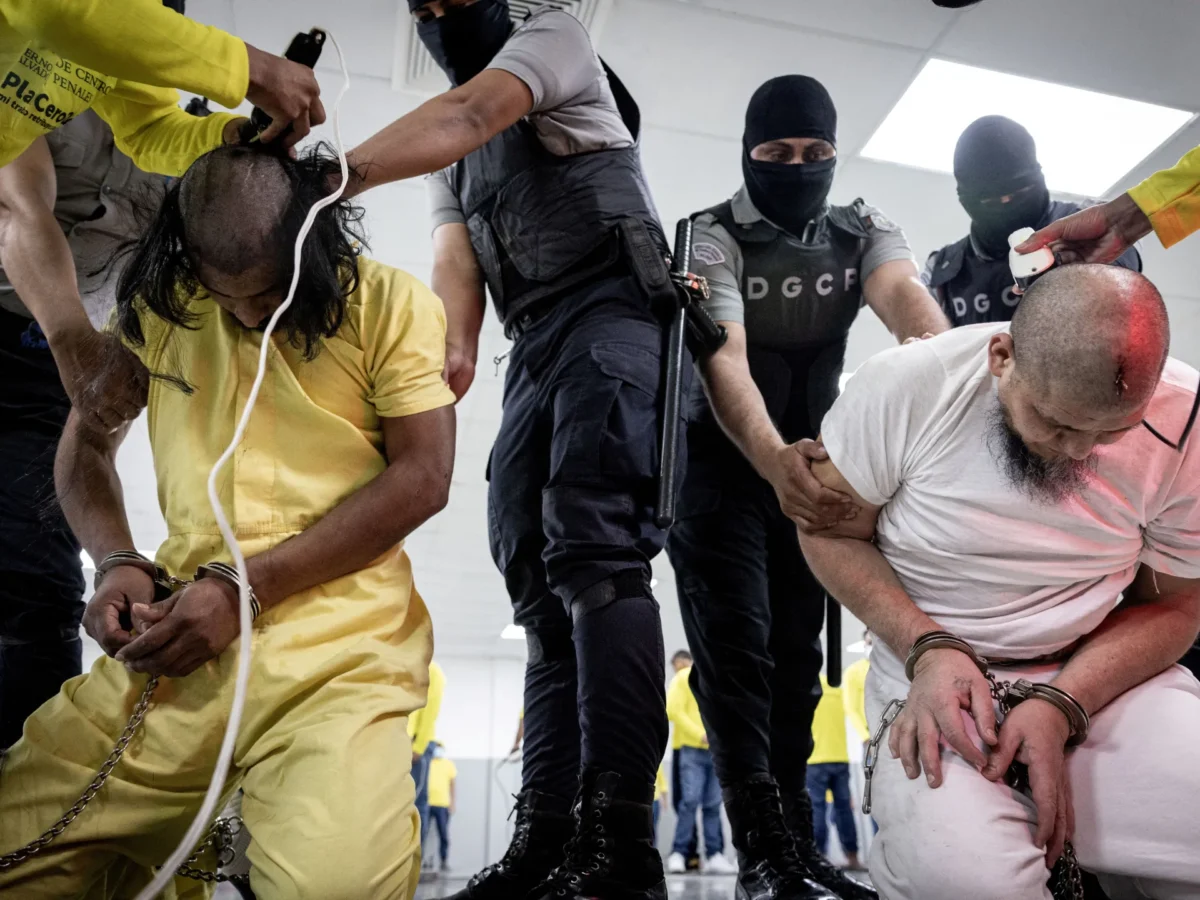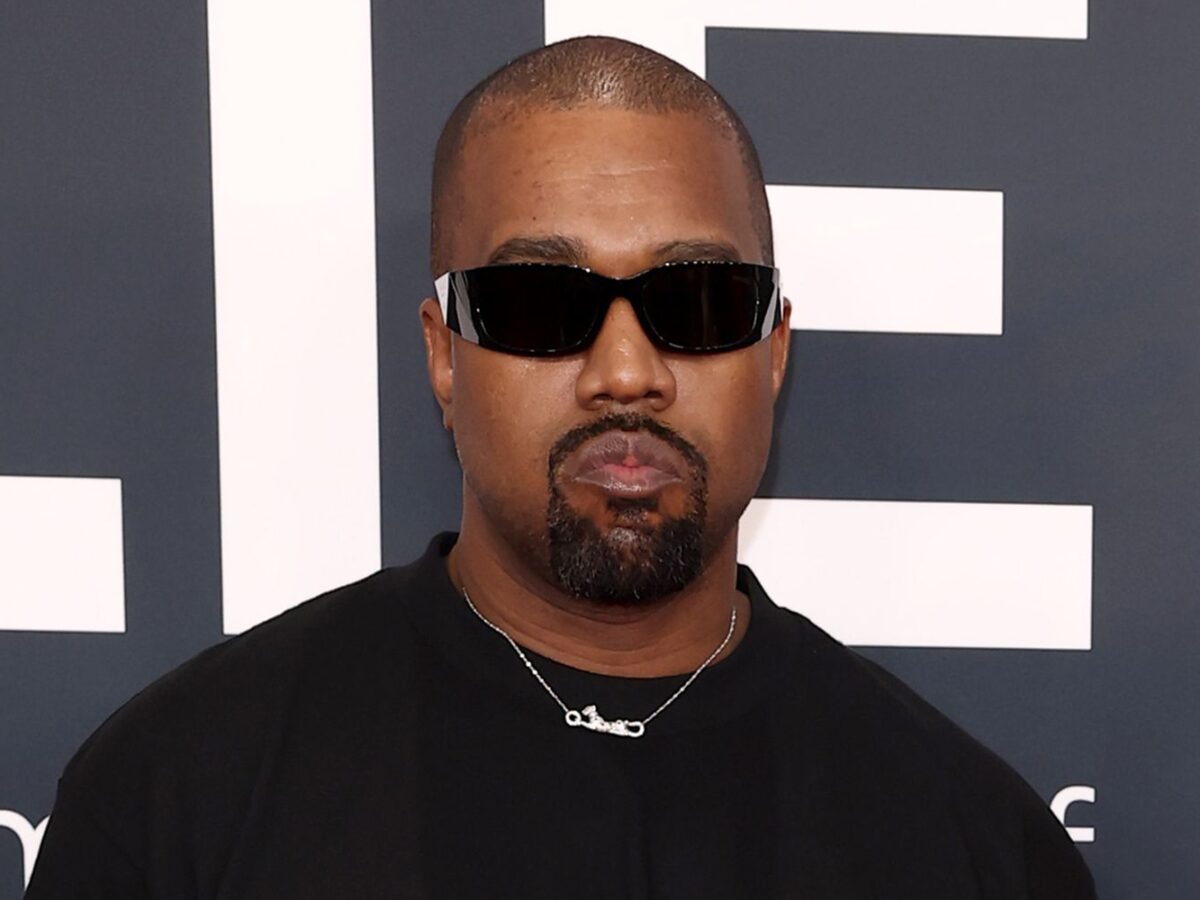A Radical Shift in the FBI Leadership
The appointment of Kash Patel as the new director of the Federal Bureau of Investigation (FBI) has sparked intense debate in Washington. Known for his unwavering loyalty to Donald Trump and his key role in dismantling the narrative surrounding Russian interference in 2016, Patel takes the helm of the agency at a time of extreme political polarization. His appointment not only signifies a change in leadership but also a transformation within the FBI that is already generating controversy.
From Investigation to Restructuring
According to Euronews, Trump has made it clear that his intention with Patel’s nomination is to carry out a deep restructuring within the FBI. The former official, who has held key positions in the Department of Justice and the National Security Council, was a central figure in Trump’s defense strategy during his presidency. As a senior adviser to the House Intelligence Committee, Patel openly questioned the validity of the Russian interference investigation and promoted narratives favorable to the former president.
Patel, of Indian-American descent, also played a crucial role in declassifying documents related to the alleged improper surveillance of Trump’s 2016 campaign. His views on national security and intelligence operations have been deeply shaped by his tenure under Trump, reinforcing a perspective that often challenges conventional intelligence assessments. Patel has been a vocal critic of the bureaucratic intelligence community, arguing that many agencies, including the FBI, have been weaponized against conservative figures.
His rise to power within the FBI suggests an approach that aligns with Trump’s hardline stance on crime and law enforcement. Patel has frequently advocated for a stronger, more centralized federal law enforcement structure, emphasizing the need to dismantle what he perceives as politically motivated investigations. His critics worry that his leadership will narrow the FBI’s focus to primarily targeting Trump’s adversaries rather than ensuring a balanced, non-partisan enforcement of the law.
An FBI Aligned with Trump’s Agenda
According to El País, the American right has celebrated Patel’s appointment as a “victory” against the “Deep State,” the term used by Trump’s allies to refer to federal agencies allegedly working against him. The promise to “clean up” the agency has been a key point in Trump’s 2024 campaign, and Patel is seen as the ideal man to execute that vision.
However, Patel’s past statements and actions reveal a broader ideological alignment with Trump’s tough-on-crime policies. During the 2020 election, he actively supported policies that prioritized border security, aggressive prosecution of violent crimes, and stricter immigration enforcement. His approach to national security leans heavily toward enhancing surveillance programs and limiting oversight mechanisms, which some civil liberties groups argue could lead to overreach and erosion of constitutional rights.
Critics also highlight Patel’s role in shaping narratives that defended Trump’s handling of the Capitol riots on January 6, 2021. He has repeatedly downplayed the event, calling concerns about domestic extremism exaggerated. His leadership at the FBI could mean a shift away from investigating far-right extremism, which many within the bureau had identified as a growing national security threat.
Many career agents view Patel’s arrival as a politicization of the FBI, which could compromise the impartiality of its investigations. Accusations that the agency has been used as a political weapon have come from both Republicans and Democrats, and with Patel at the helm, the perception of bias may deepen.

The Future of the FBI in Patel’s Hands
The impact of Patel’s leadership on the FBI will depend on how far his restructuring goes. Trump’s allies anticipate a purge of agents they deem hostile to his agenda, while critics warn of the danger of turning the agency into a tool for political retaliation.
If Patel adheres strictly to his past statements, the FBI could see a significant shift in prioritizing investigations against political opponents while reducing oversight on law enforcement agencies. His support for Trump’s law-and-order rhetoric suggests a more aggressive stance on issues like immigration enforcement, voter fraud investigations, and intelligence operations against perceived enemies of the administration.
The key question is whether Patel will be able to balance necessary reforms with avoiding a witch hunt within the institution. In the context of a presidential election and rising political tensions, the future of the FBI could redefine the role of law enforcement in the United States. Will this mark the beginning of a new era in law enforcement, or a threat to American democracy?






















